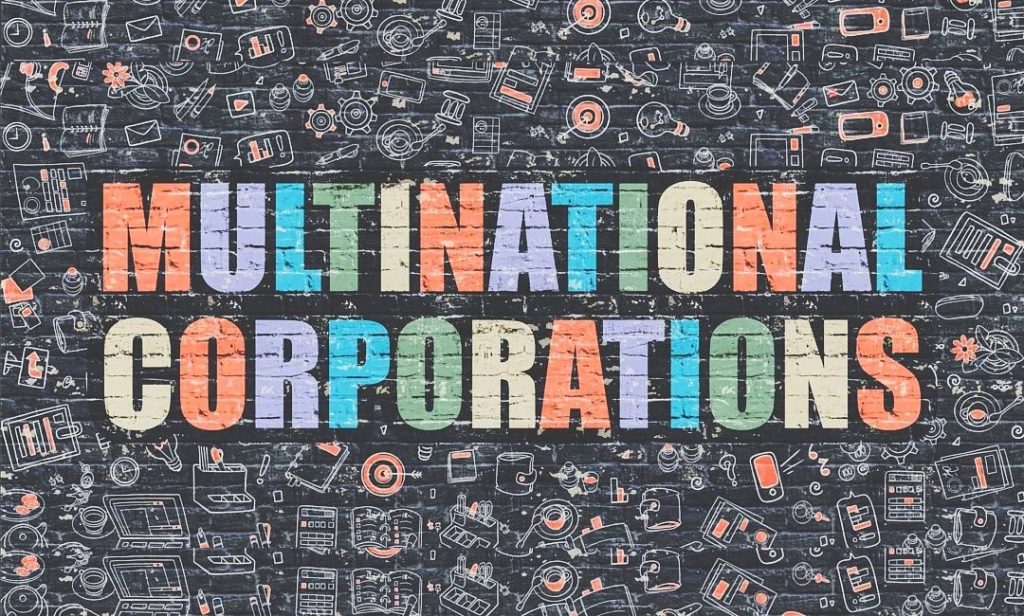
Now, let’s explore the critical aspects of governance in multinational corporations, focusing on strategies to navigate complexity and achieve sustained global success.
The Importance of Governance in Multinational Corporations
Good governance is essential to the success and sustainability of multinational corporations. It creates the framework within which these businesses operate, ensuring that decisions align with the company’s mission, values, and long-term goals. Governance in multinational corporations not only mitigates risk but also improves accountability by promoting transparent decision-making and regulatory compliance across multiple jurisdictions.
Effective governance oversees company performance, ensuring management adheres to ethical standards and works in shareholders’ best interests. For investors, strong governance signals stability and growth, making the company more attractive. In contrast, weak governance can cause inefficiencies, financial mismanagement, and reputational damage, harming the company’s global standing.
Corporate Governance Frameworks in MNCs
To ensure consistent operations and decision-making, multinational corporations use well-structured corporate governance frameworks. These frameworks clearly define the roles of the board of directors, executive management, and stakeholders, while establishing mechanisms for oversight and accountability. Governance in multinational corporations often includes standardized policies and procedures, guiding global activities to meet local and international legal requirements.
A key element of governance in MNCs is the board of directors, responsible for overseeing strategy, performance, and risk management. Board composition is critical, often including members with diverse backgrounds and expertise in various global markets. These members must understand multiple legal and business environments, ensuring their decisions align with the corporation’s overall objectives.
In addition, multinational corporations often implement global codes of conduct and ethics policies across all regions. These policies ensure that employees, management, and directors follow consistent ethical standards, regardless of cultural or regulatory differences. Compliance departments are crucial, ensuring these policies are followed and identifying potential risks from inconsistent governance practices across jurisdictions.
Challenges of Governance in Multinational Corporations
Governance in multinational corporations presents unique challenges, primarily due to the geographical spread and the cultural and legal diversity in which they operate. One significant challenge is navigating the different regulatory landscapes of each country where the corporation operates. For example, corporate governance standards may vary significantly between countries with well-established legal frameworks, such as the United States or the United Kingdom, and those in emerging markets where regulations may be less stringent or enforced.
Cultural differences also impact governance in MNCs. Corporate governance models that work well in one region may not be as effective in another due to differing business practices, attitudes towards corporate oversight, or societal expectations. To address this, multinational corporations must adopt flexible governance strategies that allow for local adaptation while maintaining a consistent global governance standard.
Another challenge is managing the interests of diverse stakeholders. In addition to shareholders, MNCs must address the expectations of employees, customers, governments, and local communities, all of whom have different priorities. Balancing these interests while ensuring compliance with global and local regulations is a delicate task that requires strong leadership and a robust governance framework.
Best Practices for Effective Governance in Multinational Corporations
To address the challenges of governance in multinational corporations, businesses must adopt several best practices. One key strategy is developing a strong and diverse board of directors. A diverse board with experience across various markets and industries can provide valuable perspectives on managing risks and seizing opportunities in different regions. This diversity also fosters innovation and creativity in decision-making, which can be critical in navigating complex global markets.
Another best practice is implementing a global governance framework that includes standardized policies and procedures while allowing for local flexibility. This ensures that all regions adhere to the same ethical standards and business practices, while also giving local managers the flexibility to adapt to regional legal requirements and market conditions.
Regular audits and compliance checks are also essential in ensuring governance effectiveness. MNCs should establish internal controls and audit mechanisms to monitor the implementation of governance policies across their global operations. This proactive approach allows companies to identify and address any governance issues before they escalate into larger problems that could harm the company’s reputation or bottom line.
Finally, transparency and clear communication are critical to maintaining stakeholder trust. MNCs should provide regular updates to shareholders and other stakeholders on corporate performance, governance practices, and any changes in business strategy. This openness not only enhances corporate accountability but also helps build and maintain strong relationships with key stakeholders.
The Role of Technology in Modern Corporate Governance
The role of technology in governance in multinational corporations is becoming increasingly significant. Advances in digital tools help MNCs improve governance, enhance transparency, and ensure compliance across global operations. Many companies now use governance, risk, and compliance (GRC) software to monitor operations, track regulatory changes, and enforce governance standards.
Technology also facilitates better communication between the board and management across regions. Virtual board meetings, secure document-sharing platforms, and real-time analytics allow faster decisions and oversight, even across time zones.
Additionally, technology helps MNCs manage risk by providing real-time insights into potential issues like regulatory violations or ethical breaches. Data analytics and machine learning allow companies to proactively identify and resolve risks before they escalate.
The Future of Governance in Multinational Corporations
As multinational corporations expand globally, governance in multinational corporations remains critical to their overall success. Effective governance helps MNCs navigate complex regulations, manage diverse stakeholder interests, and maintain ethical standards across regions. With technology’s growing role, MNCs now have advanced tools to improve governance processes, enhance compliance, and promote transparency.
Governance goes beyond just compliance; it builds a strong foundation for long-term growth. Companies that prioritize governance not only mitigate risks but also create value for shareholders and stakeholders. This focus ensures success in a constantly changing global market.

